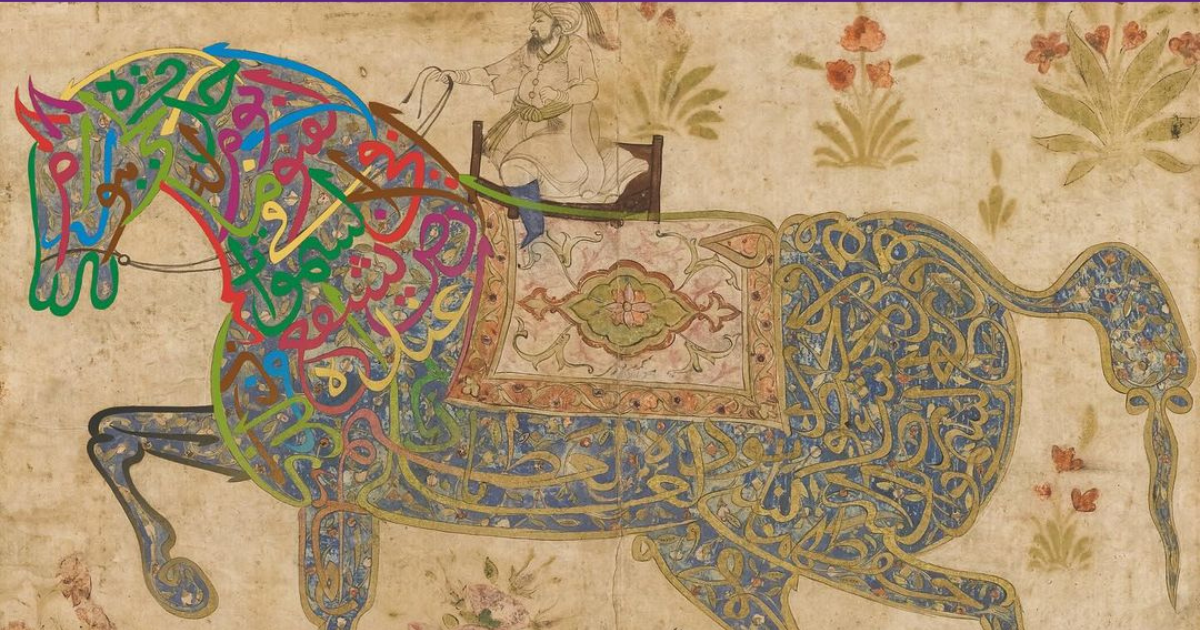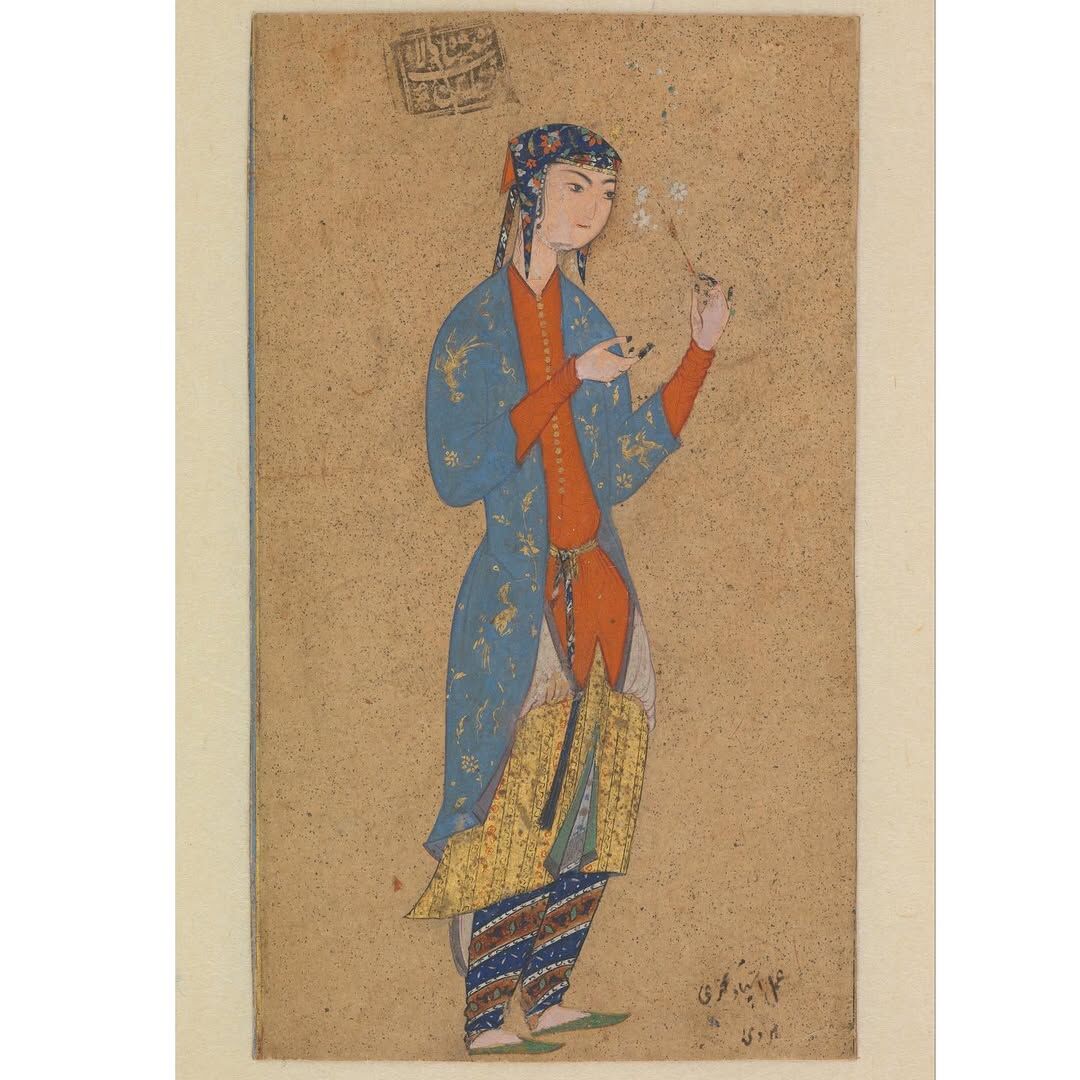Enamored king
Exploring love in Babur’s ghazals

The Taj Mahal is a unique monument, an enduring tribute to love. It is considered one of the most exquisite legacies of the Baburid dynasty. Built by Shah Jahan in honor of his beloved Arjumand Begum (Mumtaz Mahal), the Taj Mahal is universally recognized as a symbol of eternal love. The monument itself narrates a story of devotion deeply intertwined with the Baburid lineage, a dynasty whose founder, the great military leader Zahiriddin Muhammad Babur, passionately celebrated love in his poetry. Perhaps it is no coincidence that Valentine’s Day is observed on the birthday of a man who so vividly immortalized passion and love.
Looking back through the annals of Eastern rulers, we find that many were admirers of literature, particularly poetry. They appreciated the nuances of classical verse and often composed ghazals, rubaiyat, and muhammas. Yet, among these sovereign poets, Zahiriddin Muhammad Babur undoubtedly stands apart as a king among poets and a poet among kings.
Babur’s collection of literary works distinguishes itself through its sincerity, simplicity, and vivid emotionality. His ghazals and rubaiyat resonate deeply across generations, captivating hearts with their timeless authenticity. His love poems, often set to music, have become cherished songs that still stir the soul.
The ghazal of "Difficult"
I swear, a single day apart feels endless, bleak, and slow
But finding peace with you, like fate, is just as hard, you know.
Your temper’s sharp, your whims take flight, while madness grips my soul
To bend my pride, a man’s resolve, to love’s cruel winds – no goal.
My cries, my sighs – what worth have they, if joy lies in a tomb?
No prayer nor plea can wake that bliss from its eternal gloom.
A hundred thousand foes in war, I’d face, strike down, endure
But living without love, brave heart or not, is far less sure.
The poetic landscape of Babur’s works resembles a lush garden filled with diverse blooms, each verse exploring themes of longing for his homeland, reflections on life's adversities, and the fiery intensity of love. One such vivid bloom is the ghazal "Mushkuldur" ("Difficult"), a five-couplet piece written in the hajazi musamman salim meter (mafo’iylun, mafo’iylun, mafo’iylun, mafo’iylun).

photо: British museum, портрет Бабура
I swear, a single day apart feels endless, bleak, and slow
But finding peace with you, like fate, is just as hard, you know.
From the very first couplet, the poet lays bare the heartache of separation: being apart from his beloved is agonizing, yet being together is equally fraught with difficulty. The pain of navigating his emotions mirrors the broader human experience of love’s complexities:
Your temper’s sharp, your whims take flight, while madness grips my soul
To bend my pride, a man’s resolve, to love’s cruel winds – no goal.
Here, the lover portrays his beloved as gentle yet temperamental. Her unpredictability exacerbates his distress. The poet admits his impulsiveness, describing how his beloved's whims dictate his emotional state. This dynamic of dominance and vulnerability echoes throughout Babur’s poetry, where the cruelty of the beloved is both lamented and cherished.
The theme of the beloved's harshness recurs in several of Babur’s works, illustrating the emotional turbulence of love. Yet, unlike some traditional Eastern poets who dwell solely on sorrow, Babur also celebrates the beauty and vitality of love.

photо: Instagram/ @metislamicart
My cries, my sighs – what worth have they, if joy lies in a tomb?
No prayer nor plea can wake that bliss from its eternal gloom.
In this couplet, the poet describes the futility of his laments. His happiness, he says, lies dormant, deaf to his desperate pleas. The metaphor of joy as a lifeless entity underscores the emotional inertia he feels in his beloved’s absence.
This is the point where the poet begins to analyze his condition. With each successive verse, the lover’s anguish intensifies. In the third couplet, Babur personifies his sorrow, addressing his own heart directly. The third line conveys the depths of the lover’s despair. He laments that his cries and prayers fail to awaken the dormant happiness he once knew.
This metaphor can be interpreted in two ways: the lover sees his beloved in dreams, but she turns away, teasing him with her aloofness. His yearning cries cannot reach her; she remains oblivious to his pain.
The other meaning lies in that the lover, having attained his beloved’s presence, fears that the blissful illusion might be shattered if his passionate sighs awaken her from the slumber of their union.
A hundred thousand foes in war, I’d face, strike down, endure
But living without love, brave heart or not, is far less sure.
Here, Babur’s identity as a warrior-king merges with his role as a romantic poet. The number "hundred thousand" (tuman in Old Uzbek) conveys the magnitude of his love’s burden. Though he faced vast armies without hesitation, the agony of living without love proves a far greater challenge.
Thus, in Babur’s ghazals, love is portrayed as a force mightier than conquest. His verses remind us that while empires rise and fall, the human heart remains forever vulnerable to love's timeless power.



